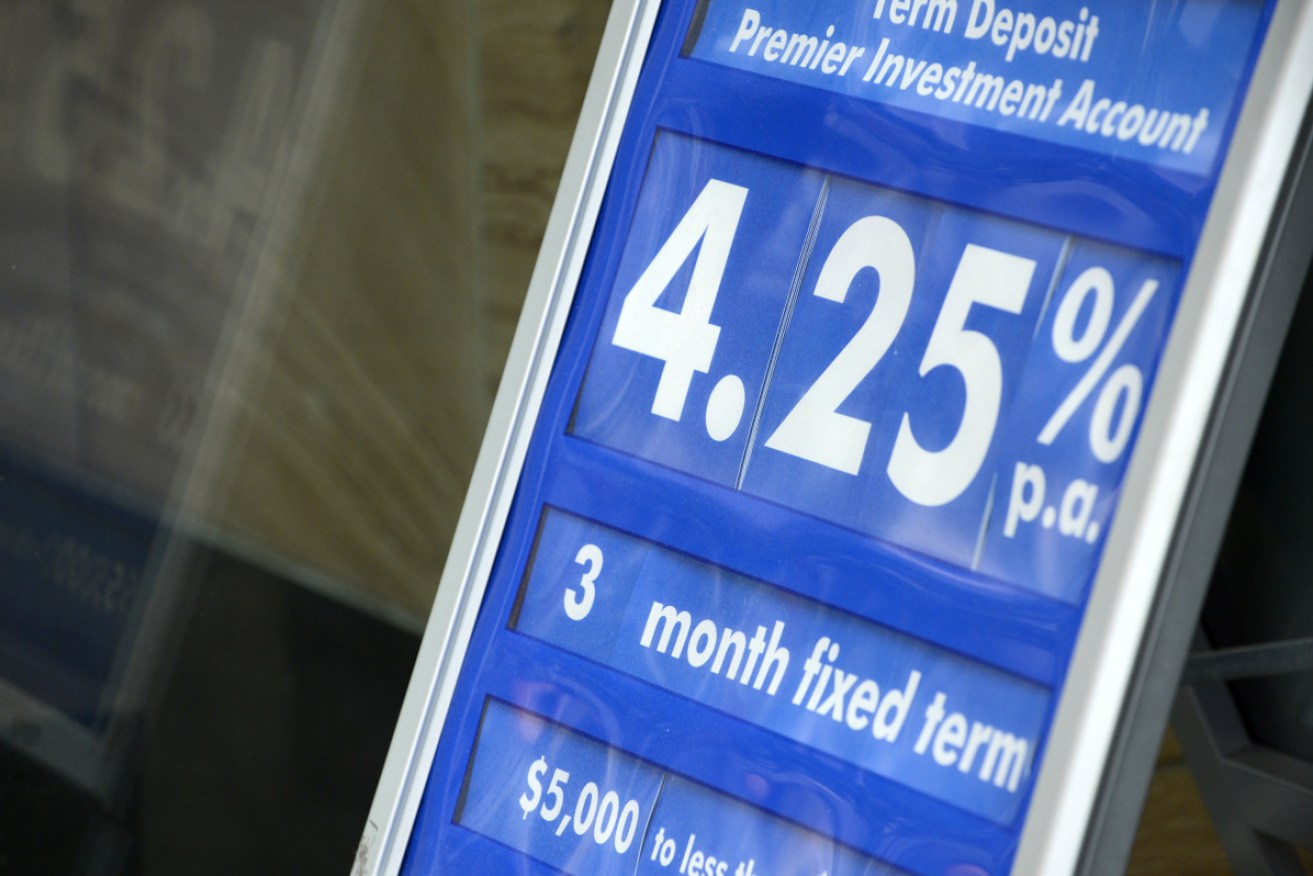Weak GDP data puts further downward pressure on interest rates


Economic data showed glacial growth in the Australian economy in the final three months of 2018. Photo: AAP
Cuts to official interest rates appear increasingly likely before the end of the year, with economic figures confirming the Australian economy shrank on a per capita basis in the three months to December for a second quarter.
While the new GDP data does not indicate Australia is in a recession, it shows the economy declined by 0.2 per cent in the final three months of 2018, when the impact of population growth is removed.
When population growth is included, quarterly growth was just 0.2 per cent.
On Wednesday, following the release of the figures, Treasurer Josh Frydenberg was asked twice at a media conference whether Australia was in a gross domestic product per capita recession.
“The economy, the fundamentals are in good shape,” he said. “GDP growth is at 2.7 per cent for the calendar year.”
Asked the same question again, Mr Frydenberg denied Australia was facing a recession.
“We’re not heading for that,’’ he said.
What we are heading for is continued economic growth. But, the Labor Party have their chance to implement $200 billion in new taxes – that’s nearly the size of the New Zealand economy.
“The Labor Party used to believe in a cap to the amount of tax you can spend. They no longer believe that.”
The GDP figures for the December quarter show construction fell sharply, consumer consumption was weaker and the impact of the drought on agriculture continued to be felt. One of the biggest contributors to economic growth was government spending.
Australia’s annual economic growth of 2.3 per cent for 2018 is well below Reserve Bank’s forecasts and has again raised speculation the next interest rate movement could be down.
The RBA has kept interest rates at a record-low of 1.5 per cent since mid-2016 but recently flagged even odds on another cut.
The economic data coincided with Opposition Leader Bill Shorten again hinting he is prepared to lift the minimum wage to boost the economy.
“I actually think wages growth is too low – it’s unhelpfully low. And what that means is that there’s not enough money circulating through the economy and people are either not spending, or they’re dipping into savings which is an unhealthy state of affairs,” Mr Shorten said on Wednesday.
“In terms of the minimum wage, it’s about $18.93 for an adult. I don’t know how many of you are living on $18.93 an hour. If you don’t want to live on it, why do we expect everyone else to live on it?”
In response, Mr Frydenberg said wage growth was actually improving.
“The truth is that wages have had the biggest jump in three years. The story of the Australian economy is not just that wages are starting to pick up … also there is strong jobs growth. We have seen 1.2 million new jobs being created,” Mr Frydenberg said.
“The issue of monetary policy is one for the Reserve Bank.”
Prime Minister Scott Morrison has spent weeks dancing around rhetoric that the economy could go into a recession under a Labor government.








